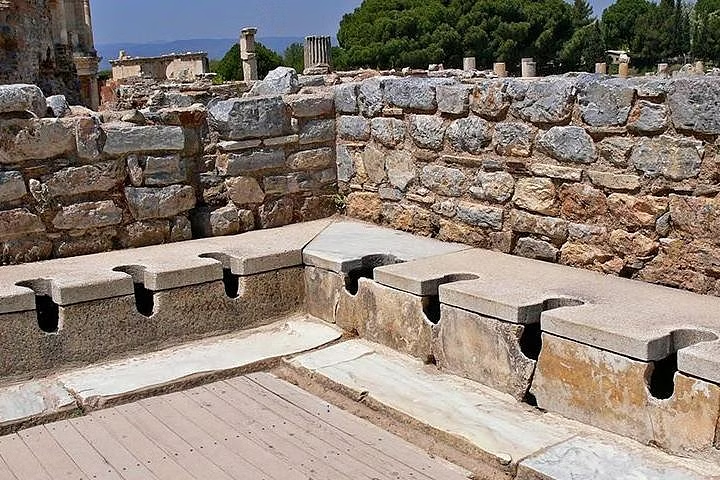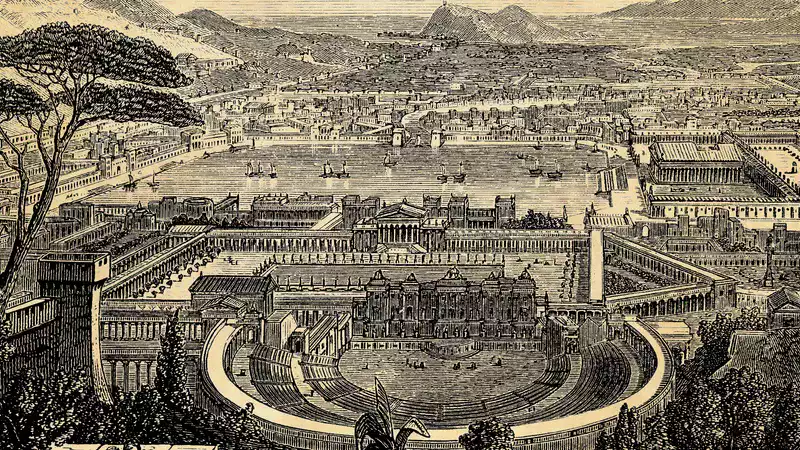Located on the western coast of Asia Minor (modern Turkey), Ephesus was once a thriving port city that played an important role in the ancient world. Its rich history and strategic location made Ephesus a centre of trade, culture and communication, leaving an indelible mark on history. It is known that the population of the city reached up to 250,000 in the Roman period.

Cultural importance
As well as being an economic powerhouse, Ephesus was also a cultural centre. It had famous buildings such as the Library of Celsus, the Temple of Artemis (one of the Seven Wonders of the Ancient World) and the Great Theatre with a capacity of 24,000 spectators.

Spiritual centre
Ephesus was an important religious centre, with the Temple of Artemis attracting pilgrims from near and far. The city also played a role in the early history of Christianity, as it is mentioned in the Bible in connection with the missionary work of St Paul.
The ancient port city of Ephesus continues to fascinate the world with its rich history, cultural significance and architectural wonders. It was not only a gateway to the sea, but also a melting pot of civilisations, trade and ideas. Its legacy endures as a testament to the profound influence of ancient port cities on the course of history.

What is the historical significance of Ephesus as a port?
A: Ephesus had historical significance as a busy seaport, serving as an important centre for trade and transport in the ancient world. It facilitated the exchange of goods and cultural influences between different Mediterranean civilisations.

How did Ephesus contribute to ancient culture and religion?
A: Ephesus played an important role in both culture and religion. It was home to magnificent buildings such as the Library of Celsus and the Temple of Artemis, which attracted visitors and pilgrims. The city also had an important place in the history of early Christianity, being mentioned in the Bible.

What factors led to the decline of Ephesus as a seaport?
A: The decline of Ephesus as a seaport can be attributed to factors such as the obstruction of navigation by the Cayster River and changes in trade routes that shifted trade to other regions.

Why did Ephesus lose its status as a port city?
A: The harbour of Ephesus filled with alluvium over the years to reach its present position. Migrations began from the city, which turned into a swamp because it was a wetland.




